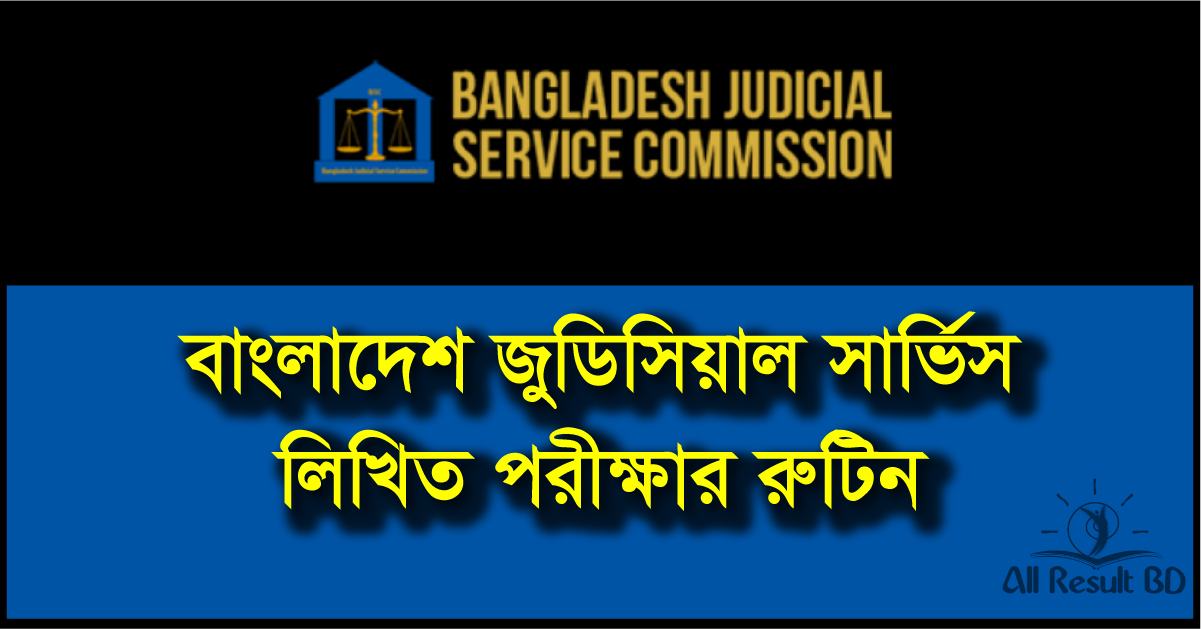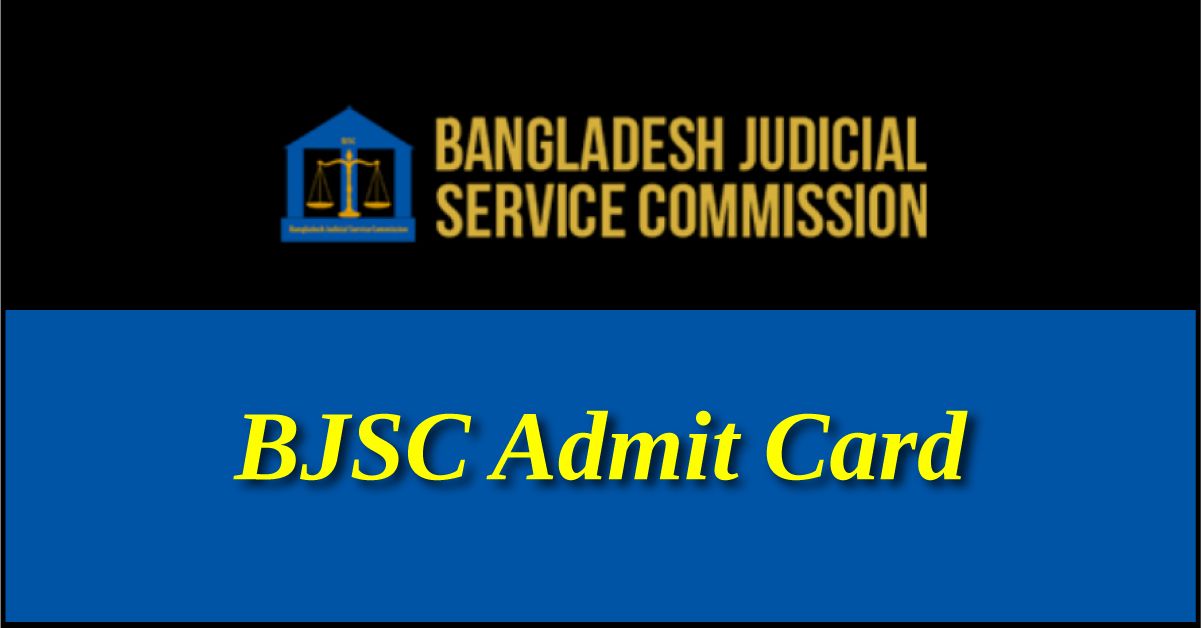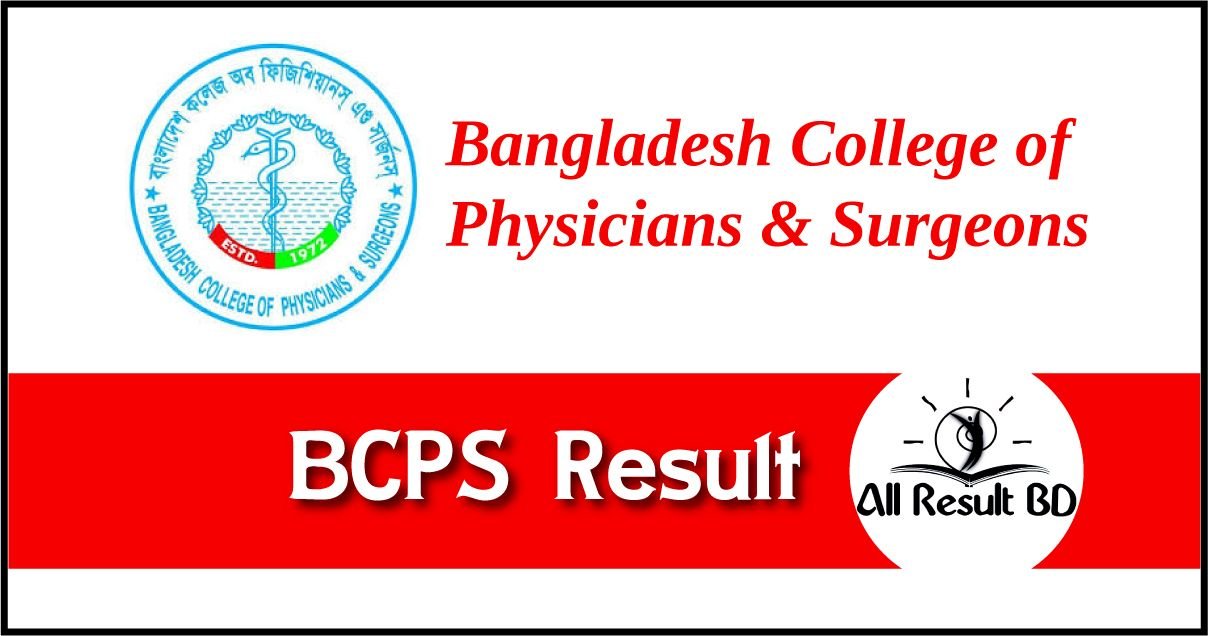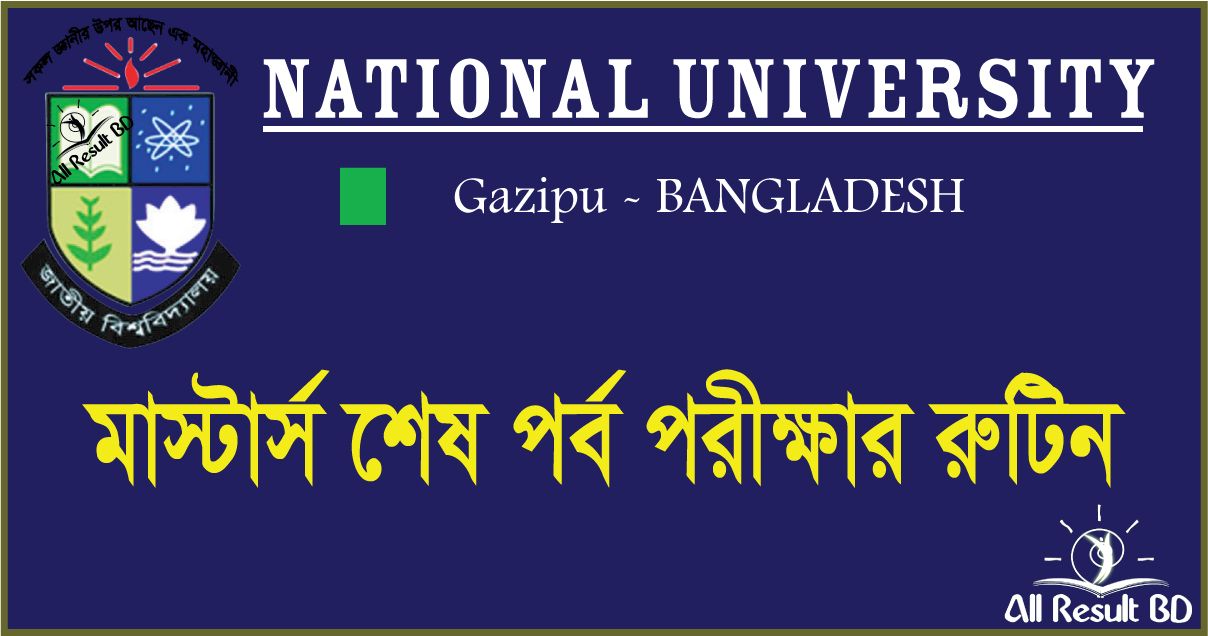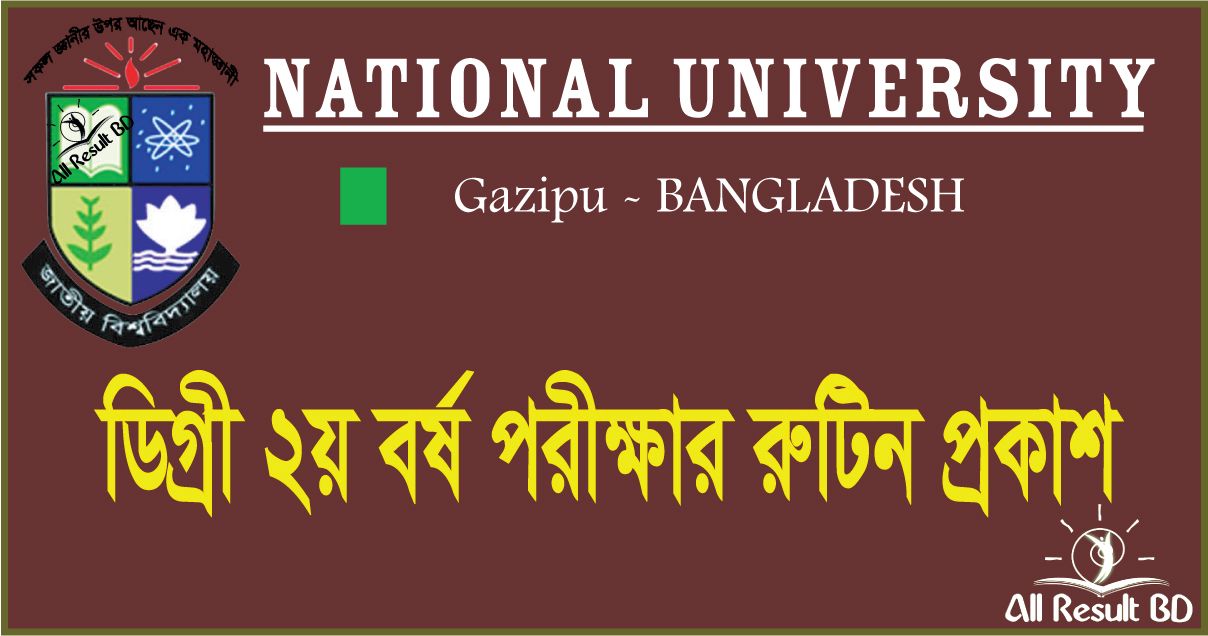BJSC or Bangladesh Judicial Service Commission is responsible for recruiting for Bangladesh Judicial Service through a very competitive exam. This exam is held in several steps. The MCQ exam’s first step is already done, and selected candidates are now waiting for their written exam.
In the meantime, Bangladesh Judicial Service Commission published the 18th BJSC written exam routine two days ago. Let’s take a closer look at the routine to find out the schedule of the exams and other necessary information.
The Bangladesh Judicial Service Commission (BJSC) is the constitutional body responsible for recruiting Assistant Judges and Judicial Magistrates in Bangladesh’s judiciary. Established to ensure transparency and merit in judicial appointments, BJSC conducts a multi-stage examination process to select the most qualified legal professionals.
For the 17th BJSC Recruitment, the examination process includes:
MCQ Preliminary Exam (100 marks)
Written Exam (1,000 marks)
Practical Test (if applicable)
Viva Voce (100 marks)
Among these, the Written Exam is considered the most critical and extensive phase.
BJSC Written Exam 2025
BJSC has published the circular for recruiting Assistant Judge for Bangladesh Judicial Service previously. There are 100 vacancies for the post, and many candidates have already applied through online application.
After scrutinizing their applications, only the eligible candidates could download the admit card and sit for the MCQ exam, which was the first step of the process.
The second step will be a written exam that will take a few days to complete. Let’s check some of the highlights of the BJS exam this year.
- Application Start Date: 3rd March (Wednesday) 2025.
- Application End Date: 31st March (Sunday) 2025.
- MCQ Exam Date: May 2025
When Will 18th BJSC Written Exam be Held?
According to the official notice of BJSC, the written exam will be held from 16th October (Wednesday) 2025 to 27th October (Sunday) 2025. Here are the highlights of the written exam schedule.
- Written Exam Start Date: 16th October (Wednesday) 2025
- Written Exam End Date 27th October (Sunday) 2025
- Exam Time: 2.00 pm to 5.00 pm
- Exam Venue: Siddheshwari Girls College, 148 New Baily Road, Dhaka-1000.
18th BJSC Written Exam Routine
As you will need the complete routine for attending the written exam, we have provided the routine in PDF for your convenience. Click here to download the routine from our website.
You will be redirected to a new page where you will see the written exam routine. Click on the routine and download it for further use.

17th BJSC Written Exam Routine 2025 PDF
15th BJSC Written Exam Routine 2022 PDF
14th BJSC Written Exam Routine 2021 PDF
Written Exam Instructions
BJSC has instructed the following for the candidates. Make sure you know and follow each of them to ensure you can complete your written exam properly.
- Candidates must bring the admit card to the exam hall. No candidates will be allowed to attend the written exam without the admit card.
- Candidates must be present at the exam hall 30 minutes before the exam.
- Bringing bags, books, calculators, electronic or wristwatches, mobile, or other digital devices to the exam hall is prohibited.
- If any candidate is found copying or following any other ill means, they will be expelled, and legal actions will be taken against the candidate.
- All the candidates must wear a mask before going to the exam hall.
Structure of the BJSC Written Exam
The BJSC written test consists of 10 papers totaling 1,000 marks. The breakdown is:
General Subjects (400 marks)
- Bangla
- English
- Bangladesh and International Affairs
- Mathematics and Everyday Science
Each of these carries 100 marks and evaluates a candidate’s general awareness, language skills, and logical reasoning.
Law Subjects (400 marks)
- Civil Law
- Criminal Law
- Family Law
- Constitutional Law and Statutory Interpretation
These test deep understanding of core legal areas essential for a judicial officer.
Optional Subjects (200 marks)
Candidates can choose from a list of optional papers such as:
- Women and Children’s Rights
- Environmental Law
- Law of Transfer of Property
- Public International Law
Each optional paper carries 100 marks.
To qualify, a candidate must secure at least 30% in each subject and an overall average of 50% or more.
Syllabus Overview
General Subjects
- Bangla: Essay, grammar, comprehension
- English: Essay writing, translation, vocabulary
- Bangladesh & International Affairs: Political history, global current events
- Mathematics & Everyday Science: Basic arithmetic, logical reasoning, general science
Legal Subjects
- Civil Law: Code of Civil Procedure, Contract Act, Specific Relief Act
- Criminal Law: Penal Code, CrPC, Evidence Act
- Family Law: Muslim and Hindu personal laws, Guardianship Act
- Constitutional Law: Constitution of Bangladesh, General Clauses Act
Optional Subjects
- Topics vary; candidates should prepare based on their selected paper using previous questions and legal texts.
Significance of the Written Exam
The BJSC written exam serves as a gateway to the judicial profession. It ensures that only competent, knowledgeable, and ethical individuals are selected to uphold justice in the courts of Bangladesh. Successful candidates not only earn a prestigious government job but also take on the responsibility of maintaining the rule of law.
Final Words
Now that you have the 18th BJSC written exam routine, you can prepare better for the exam. This exam is crucial to prove your credibility to be an assistant judge and serve justice to all the citizens regardless of their races, religions, and castes.
The BJSC Written Exam Routine 2025 marks a vital stage in the path to becoming an Assistant Judge in Bangladesh. With its rigorous 1,000-mark assessment, this exam demands serious preparation, strong legal knowledge, and excellent writing skills.
Candidates must stay updated with the official routine, prepare methodically, and aim for consistent improvement across all subjects. For aspiring members of the judiciary, this exam is more than a test—it’s a step toward becoming a protector of justice and an agent of societal progress.

